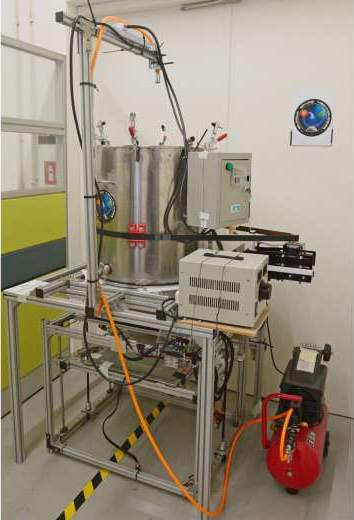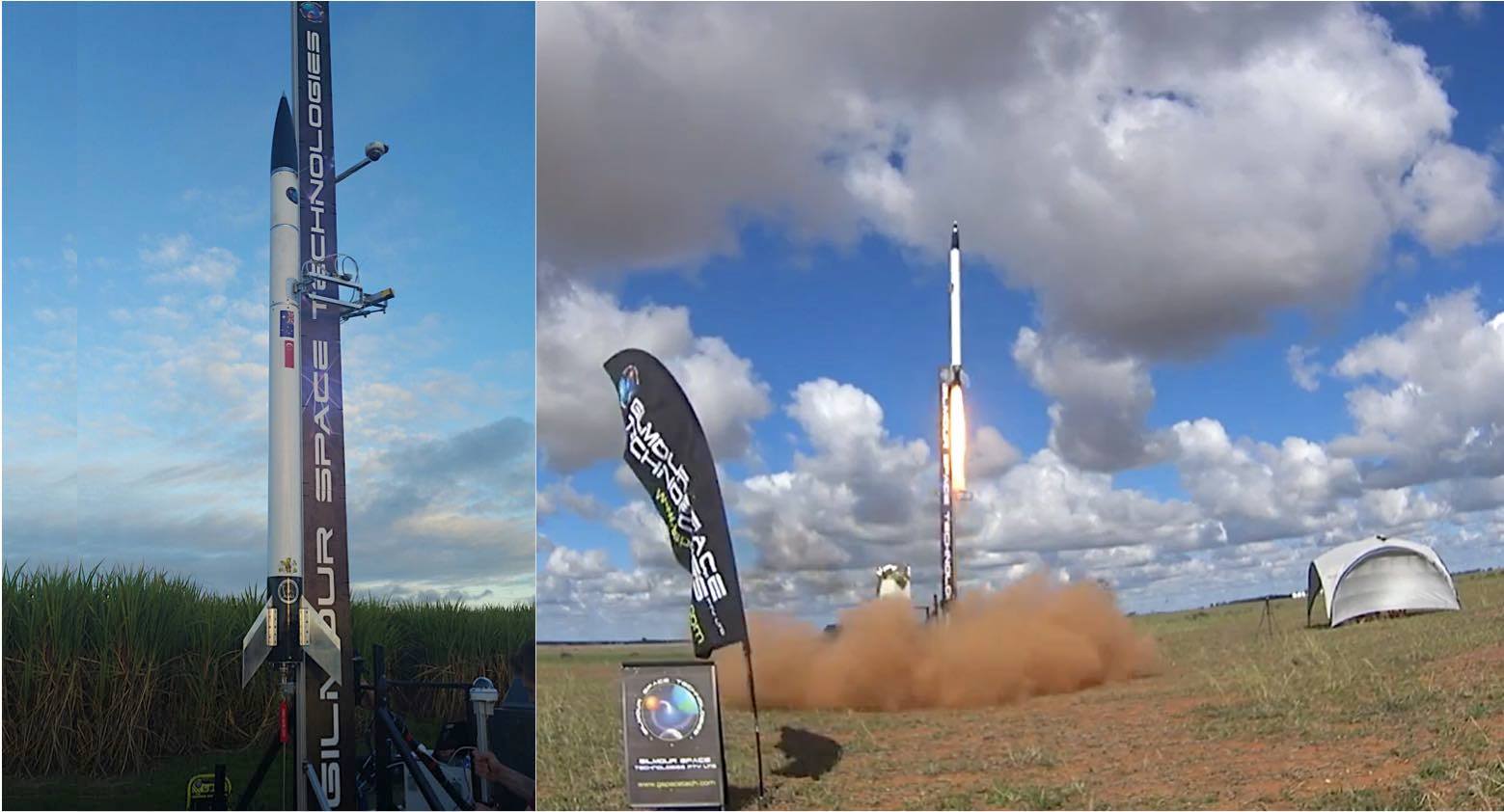Australian and Singapore – based space start up, Gilmour Space Technologies has received $3.7 million ($5 million AUD) in Series A investment funding to develop its launch vehicles which use 3D printed rocket fuel.
The company addresses the suborbital and low earth orbit (LEO) markets for satellite launches. Gilmour Space aims to provide an affordable launch service and improve accessibility to space. Another company hoping to secure a place in this growing market is Rocket Lab who recently launched its first rocket – the Electron – from New Zealand. The Electron features a 3D printed engine which similarly intends to improve accessibility with more affordable space launches.
The series A investment funding round was led by Australian venture capital firm Blackbird Ventures and Silicon Valley investment fund, 500 Startups.

3D printed rocket fuel
Gilmour Space Technologies’ low cost launches will be enabled by hybrid rockets and 3D printed fuel. Similarly, US company Rocket Crafters has developed 3D printed solid fuel propellant and recently gained a patent for its method.
By 3D printing the fuel grains, Rocket Crafters is able to create a specific pattern and control how the fuel burns upon ignition. While Gilmour Space explains the approach helps to reduce costs. Gilmour Space’s 3D printed fuel combines “3 proprietary materials and hydrogen peroxide, a room temperature-storable and non-toxic liquid oxidiser.” Founder Adam Gilmour explains,
We have innovative technology that overcomes the big legacy problems associated with hybrid rockets in the past, and our proprietary multi-material 3D printed fuel allows us to launch rockets at a fraction of the cost – a benefit that we plan to pass on to our clients,
Gilmour Space developed the 3D printed fuel using a grant from Singapore’s National Additive Manufacturing Innovation Cluster (NAMIC). The company is currently collaborating with the Singapore University of Technology and Design to develop the 3D printer which creates the fuel.

Launching soon
Gilmour Space Technologies aims to launch its first commercial rocket, the AERIAL, by the end of 2018. The sub-orbital launch hopes to demonstrate the potential of the rocket fuel before the launch of its larger ERIS rocket in 2020.
To stay updated with the latest aerospace 3D printing news, subscribe to our newsletter, follow us on twitter and like us on Facebook.
Featured image shows Adam Gilmour with a model of the ERIS rocket. Photo via Gilmour Space Technologies.



